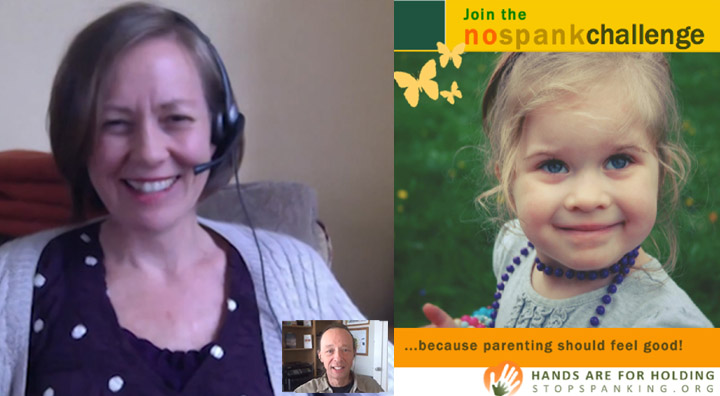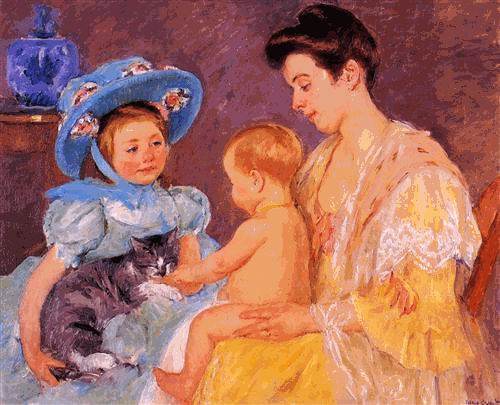|
|
|
Culture of Empathy Builder: Robbyn Peters Bennett
Empathic Parenting: Robbyn Peters Bennett and Edwin Rutsch
Transcripts
9:00
Is
based on the
British model to support the Empire. Disciplinarians who paddled and caned the children and often the older
children caned the younger children.
This is the tradition of the boarding schools and of course thankfully
they are not that way any more. The injury to the attachment is profound
to children when they leave their parents at such an young age. And
Supernanny, I think, is born out of the nanny concept, where the mother
is separated from the family. She may not even want to breast feed, she
is not going to have a lot of contact with the children.
The nanny's the
one that does all that daily affection and connection. That is where the
children really bond, is with that daily affection and connection and
warmth and touching and holding and laughing. So this idea that to be
seen and not heard and not to be seen that much. So we see Supernanny as
an evolution but she is not totally evolved yet. She is not quite the
peaceful nanny. And that is not to say that nanny's can't be wonderful,
they can be wonderful if they integrate into the family and they support
mom and dad but not separate the children but rather enhance that
connection.
Q. In terms of the empathy part, what is the role of empathy in
positive discipline and the other parenting approaches? What insights to
you have about that?
10:30
So that you don't want to withhold
reward of the relationship, you want to be in it and generate a feeling
of it's you and me. You and me are always problem solving, dealing with
the world, dealing with ourselves, you and me. That sense of you and me
is fundamentally how we are. I was listen to this psychologist, I wish I
could remember his name. He's a neuroscientist, he said, we essentially
are, our relationships. That is who we essential are.
Q. I interviewed Marco Iacoboni who is a neuroscientist and wrote the
book, 'Mirroring People' and I asked him how we could create an empathic
culture and he said that if people realized how mirror neurons
worked, and how we mirror the world around us and we are constantly in
this empathic relationship that would be a basis building block. That if
people realized that we are not cut off from each other, that we are not
separate and that we are connect and that's the fundamental way
that people are.
I think there is also a history of trauma in our culture from so many
sources, whether it is warfare, poverty, trans generational violence of
alcoholism and abuse. Our trust in that you and me experience has been
really compromised and I think that is why we punish. Because we feel
alone against our child. Now I have to control my child rather than, my
child is distressed and having a lot of trouble here, this tantrum is
distress not defiance and they are not doing well. How can I hang in
with my child and help them recover. How can I help then come back into
equilibrium, back into regulation by myself being present and mirroring
their feeling or being present with then or understanding, slowing down
being with.
14:00
14:12
So if I've
been traumatized and I get easily distressed, easily angry, easily
overwhelmed, or anxious, the it is much harder to maintain that empathic
connection. So part of what we are learning is how do I stay connected
to me, how do I help myself with my anxiety, how do I stay regulated and
calm and really looking at that.
Violence --
a family tradition | TEDxBellingham
|
|
||||







